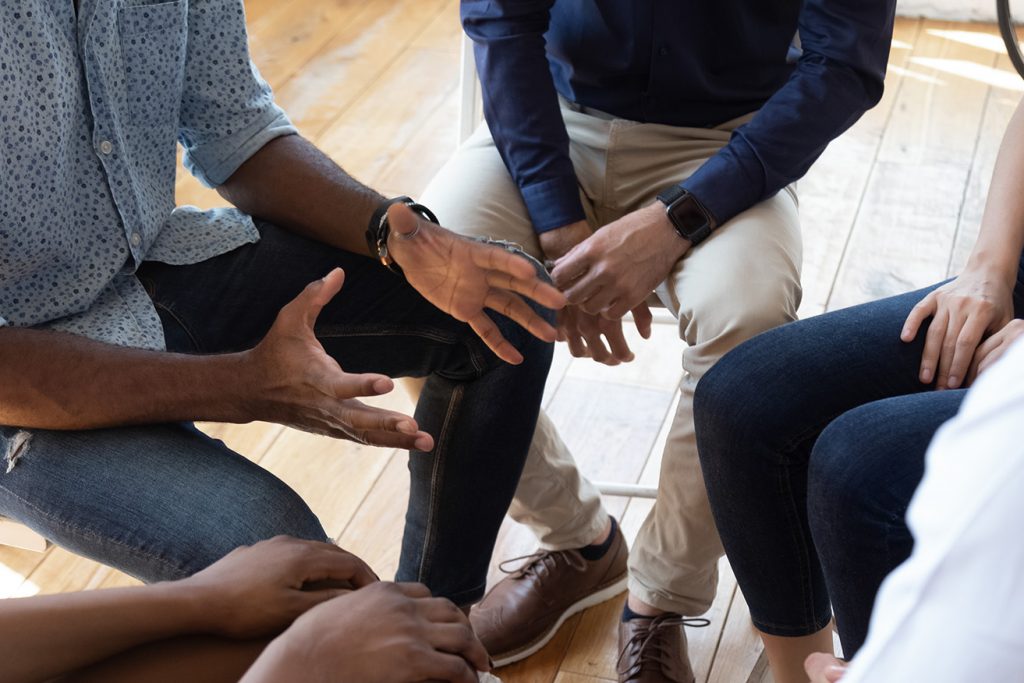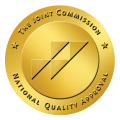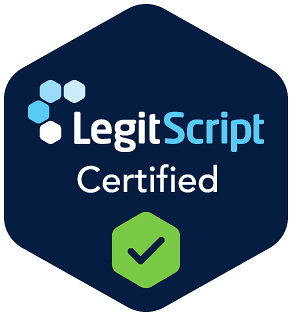What is Substance Use Disorder?
Substance use disorder (SUD) is the recurrent use of drugs or alcohol despite the negative impact that the substances have on the life of the individual substance user. Essentially, a substance use disorder is when an individual who abuses drugs or alcohol, continues to abuse the substance even though their lives have become unmanageable due to their effects. Individuals who are addicted to drugs or alcohol have abused substances for so long that they have become physically dependent upon them to the point that their bodies require the substance to function normally and get through everyday life. Once the individual is addicted and requires drugs or alcohol to even feel normal, attempts to stop using can result in withdrawals. Many of the symptoms of withdrawals are uncomfortable but others can be life threatening. Some of the life-threatening risks due to drug or alcohol withdrawal symptoms include: seizures, coma, stroke, heart attack, and even death. The discomfort the drug or alcohol-addicted individual goes through during withdrawals is what drives many to return to abusing the substance. For those who are stabilized properly from drugs or alcohol at a medically supervised inpatient detox, the risk of relapse is still great due to the fact that there are underlying causes of addiction that go beyond physical dependency. Behaviors and negative thought patterns that led to substance abuse still need to be addressed. Individuals with a substance use disorder are more likely to achieve recovery from their addiction when utilizing a treatment program that incorporates Individual Therapy in conjunction with Group Therapy. By working with a counselor in a safe and therapeutic environment one-on-one the drug or alcohol-addicted individual can work on the core issues behind their substance abuse. In a group therapy setting, individuals will realize that they are not alone in their struggles and share in the experiences of others to relate to their peers and find common ground.
Aftermath Addiction Treatment Center in Wakefield, MA
The Aftermath Addiction Treatment Center is an outpatient drug and alcohol treatment program, located in Wakefield, Massachusetts. When at Aftermath, drug and alcohol-addicted individuals will learn to live a life free from substance abuse. Gender-specific treatment is offered through the Men’s Addiction Treatment Program and the Women’s Addiction Treatment Program at Aftermath Addiction Treatment Center. Aftermath Treatment Center also offers Drug and Alcohol Treatment Programs. Drug or alcohol-addicted individuals will be able to participate in Individual Therapy and Group Therapy sessions. The importance of therapy in treating addiction is paramount. While participating in the addiction treatment programs at Aftermath Addiction Treatment Center, drug and alcohol-addicted individuals will learn the science of addiction, develop a relapse prevention plan, learn to identify triggers, and build healthy coping skills through therapeutic means. One of the staples of both the Alcohol Addiction Treatment and Drug Addiction Treatment offered at Aftermath Addiction Treatment Center is the Group Therapy Program. Group therapy allows drug or alcohol-addicted individuals to share their experiences with their peers, establish an environment where they feel safe to share their personal struggles, and work together individuals learn that they are not alone in their struggles with substance abuse. By working with their peers in a group setting, drug or alcohol-addicted individuals will realize that they are not alone in their experiences with addiction. With group therapy, a drug or alcohol-addicted individual who once felt isolated and alone can gain a connection to their peers. Through an understanding of addiction and the need for connection, individuals who struggle with substance abuse will find the sober support that they need.
The Group Therapy Program at Aftermath Addiction Treatment Center
The Group Therapy Program at Aftermath Addiction Treatment Center utilizes industry-proven methods to treat the disease of addiction. In a group setting, individuals will work with a counselor and discuss a wide range of issues that are unique to those who are drug or alcohol-dependent. In the Group Therapy Program at Aftermath Addiction Treatment Center, one of the members of our counseling team will facilitate a number of different groups such as:
- Gender-Specific Groups – individuals will discuss topics that relate to their gender and the specific challenges they can face for men and women.
- Psychoeducational Groups – individuals will learn about the neuroscience of addiction as well as education on different co-occurring disorders.
- Interpersonal Groups – individuals will work on and establish healthy communication skills and learn the dynamics of interactions with their peers.
- Life-Skills Groups – individuals will practice healthy life skills that will be crucial in their relapse prevention plans for the future.
- 12-Step Methodology Groups – individuals will be educated on how 12-step programs work and the methods behind their application in treating drug and alcohol addiction.
- Coping Skills Groups – individuals will build healthy coping skills and work to identify triggers of stress and cravings and learn how to handle and process them as they arise.
The clinical team at Aftermath Addiction Treatment Center blends several therapeutic modalities in the Group Therapy Program. The team at Aftermath Addiction Treatment Center incorporates Cognitive-Behavioral Therapy (CBT), Dialectical Behavioral Therapy (DBT), Motivational Interviewing (MI), Rational Emotive Behavior Therapy (REBT), and Trauma-Informed Therapy in the group therapy sessions. By utilizing these different methodologies, drug and alcohol-addicted individuals will be able to address the underlying causes of their addictions and achieve full recovery in a safe setting with their peers. Group therapy is a part of each level of care at Aftermath Addiction Treatment Center:
Full-Day Treatment Program (FDT) – 25 hours of group therapy and 1 hour of individual therapy each week.
Half-Day Treatment Program (HDT) – 9 to 15 hours of group therapy and 1 hour of individual therapy each week.
Outpatient Program (OP) – 1 group therapy session and 1 hour of individual therapy each week.
Aftermath Addiction Treatment Center also offers a remote addiction treatment program through the use of Telehealth Virtual Services with the Virtual FDT Program, the Virtual HDT Program, and the Virtual Outpatient Program.









